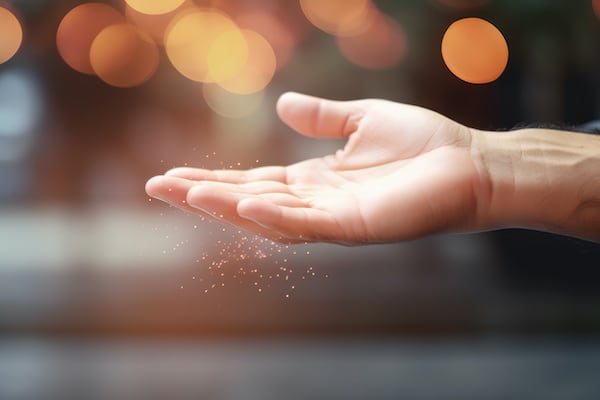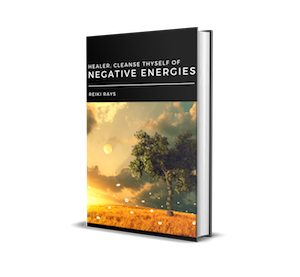In the journey of healing practices, one often finds themselves navigating a landscape woven with scepticism and misconceptions. The belief that healing somebody drains the energy of the healer is a common misconception that has persisted, even among some Reiki practitioners themselves. This notion is rooted in the concept of energy exchange during healing practices, where it is assumed that the healer gives away a part of their vital force to facilitate the healing of another.
This misconception may arise from the empathetic and selfless nature of healing practices, where practitioners invest their time, focus, and intention to alleviate the suffering of others. The physical and emotional involvement in the healing process might lead to the assumption that the healer is sacrificing a part of themselves for the benefit of the recipient.
As a staunch believer in the power of healing energy, I’ve encountered numerous raised eyebrows and dubious glances. Picture this: the healer, selflessly channelling their energy to mend the ailments of others, only to emerge depleted and weary. This age-old belief, deeply ingrained in the annals of alternative healing, creates a narrative that challenges the very essence of Reiki.
In a study by Hiroshi Motoyama (A Biophysical Elucidation of the Meridian and Ki-energy by Hiroshi Motoyama | Goodreads), the researcher observed that by healing others, practitioners inadvertently heal themselves. This confirmation challenges the common belief that healing is a unidirectional energy flow, depleting the healer.

As you delve into the scientific evidence presented by another research ([PDF] Measuring Reiki Healing – Mystery, Placebo or Real Energy Healing | Semantic Scholar), you will find your perceptions undergoing a radical transformation. The scientific methodology involved non-invasive equipment with high sensitivity, measuring energy changes before and after Reiki healing sessions. Specific body points were targeted, creating a comprehensive analysis of the energy dynamics during the healing process.
The core of the study lies in the examination of real-life case studies involving Reiki healers and their patients. Measurements before and after healing sessions consistently revealed a surprising pattern: both healers and patients experienced an increase in energy levels and a better balance. This challenges the long-standing belief that healers lose energy during the process.
The scientific evidence presented above challenges conventional notions about energy healing. By scrutinizing the results of rigorous studies, we can conclude that healing doesn’t leech the energy of practitioners; instead, it enhances it. Healing is a dance of replenishment and vitality. I invite you to reconsider your perceptions and to embrace the potential benefits of energy healing. It’s time to view wellness through a new lens, where healing isn’t a drain but a source of empowerment.
Article by Reiki Master Supriya Nair
Free eBook download: We’ve created an eBook with our best articles on this topic, and offer it for free to all our newsletter subscribers.


Supriya Nair
Dr. Supriya Nair, IMD, PhD has been a Reiki and Kriya Yoga practitioner since 2008. A conduit between the scientific and spiritual worlds, Dr. Supriya has a profound fascination for the healing arts. Apart from holding the title of Usui Reiki Master Teacher, Dr. Supriya is a certified Health Coach and proficient in various integrative medicine modalities. She is also the author of "Train Your Brain to Unchain Your Pain."
To get in touch with Dr. Supriya, you can reach out via email at [email protected] or connect with her on Facebook at facebook.com/supriyanair111 and on Instagram at instagram.com/proconscious.cafe.




Leave a Reply